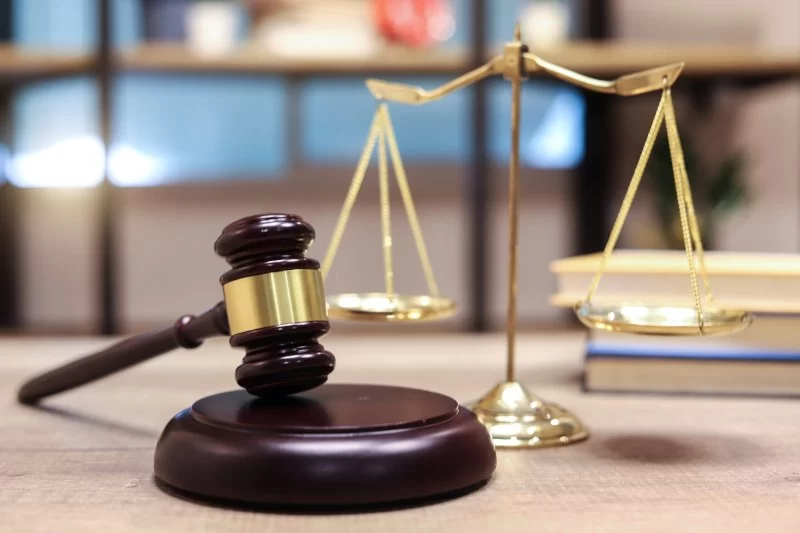
Clemency Cases and Judicial Pushback: A Legal Power Struggle
- understanding-clemency-in-modern-justice
- judicial-pushback-and-its-motives
- case-study-the-kelly-griggs-controversy
- balancing-mercy-and-law
- why-the-tension-matters-to-the-public
- working-with-experts-to-navigate-clemency
1. Understanding Clemency in Modern Justice
Clemency, particularly in the form of pardons or sentence commutations, is a legal mechanism often used by presidents and governors to offer relief to convicted individuals. This power, enshrined in the U.S. Constitution, serves as a safety valve in the justice system—allowing for mercy where rigid legal procedures may not suffice. However, when clemency is granted, especially in high-profile cases, it can ignite backlash from the judiciary, victims’ families, or the public.
Recent years have seen an uptick in clemency use, especially as criminal justice reform gains momentum. But this has also led to mounting judicial pushback, where judges express concern about the erosion of their authority or the undermining of due process.
2. Judicial Pushback and Its Motives
Judicial pushback often stems from concerns over separation of powers. When a judge sentences someone based on established guidelines and a governor later reduces or erases that sentence, it can feel like a challenge to judicial discretion. Some judges argue that unchecked clemency disrupts the balance of justice, especially when it appears politically motivated.
Moreover, in cases involving violent crimes, judges and prosecutors may argue that clemency disregards the severity of the offense and diminishes accountability. This resistance, while not always publicly visible, shapes the broader debate around justice reform and executive reach.
3. Case Study: The Kelly Griggs Controversy
Kelly Griggs, convicted in 2004 for nonviolent drug offenses under mandatory minimum laws, became a symbol of harsh sentencing. After serving 17 years, her clemency was granted by the state governor under mounting advocacy pressure. However, the judge who sentenced her expressed strong objections, citing the careful deliberation that had gone into the original sentencing and accusing the administration of bypassing judicial reasoning.
The Griggs case received national media attention. It sparked fierce debate between legal experts supporting clemency for over-sentenced individuals and those warning of executive overreach. This case illustrates how clemency cases and judicial pushback can collide in highly public and emotionally charged ways.
4. Balancing Mercy and Law
The key question remains: how should we balance compassion with consistency in law? Clemency should not become a loophole, but neither should the justice system lack flexibility. Courts are designed to uphold the law, but human factors—mental health, rehabilitation, racial bias—aren’t always adequately addressed in sentencing.
Legal scholars and advocates emphasize that clemency must be rooted in transparency, fairness, and independent review. When granted thoughtfully, it honors both the law and humanity. Yet without a clear framework, clemency risks becoming a lightning rod for political division and legal uncertainty.
5. Why the Tension Matters to the Public
This tug-of-war between clemency decisions and judicial response is not merely a courtroom concern. It impacts public trust in the justice system, especially in cases with racial or socioeconomic implications. Voters, policymakers, and legal professionals must understand how executive decisions and judicial philosophy interact to shape legal outcomes.
Understanding this dynamic helps citizens recognize the role advocacy, public opinion, and legal interpretation play in real-world outcomes—especially when the line between justice and politics is blurred.
6. Working with Experts to Navigate Clemency
For individuals seeking clemency or involved in legal disputes surrounding such cases, working with experienced legal professionals is vital. Navigating the intersection of executive power and judicial expectation requires deep legal understanding, compelling documentation, and strategic advocacy.
Firms like ESPLawyers specialize in these complex arenas, offering guidance on how to prepare a clemency petition, respond to judicial challenges, and manage media coverage. If you or a loved one is affected by this legal battlefield, don’t navigate it alone. Professional legal insight could make all the difference in presenting a powerful, fair case.








